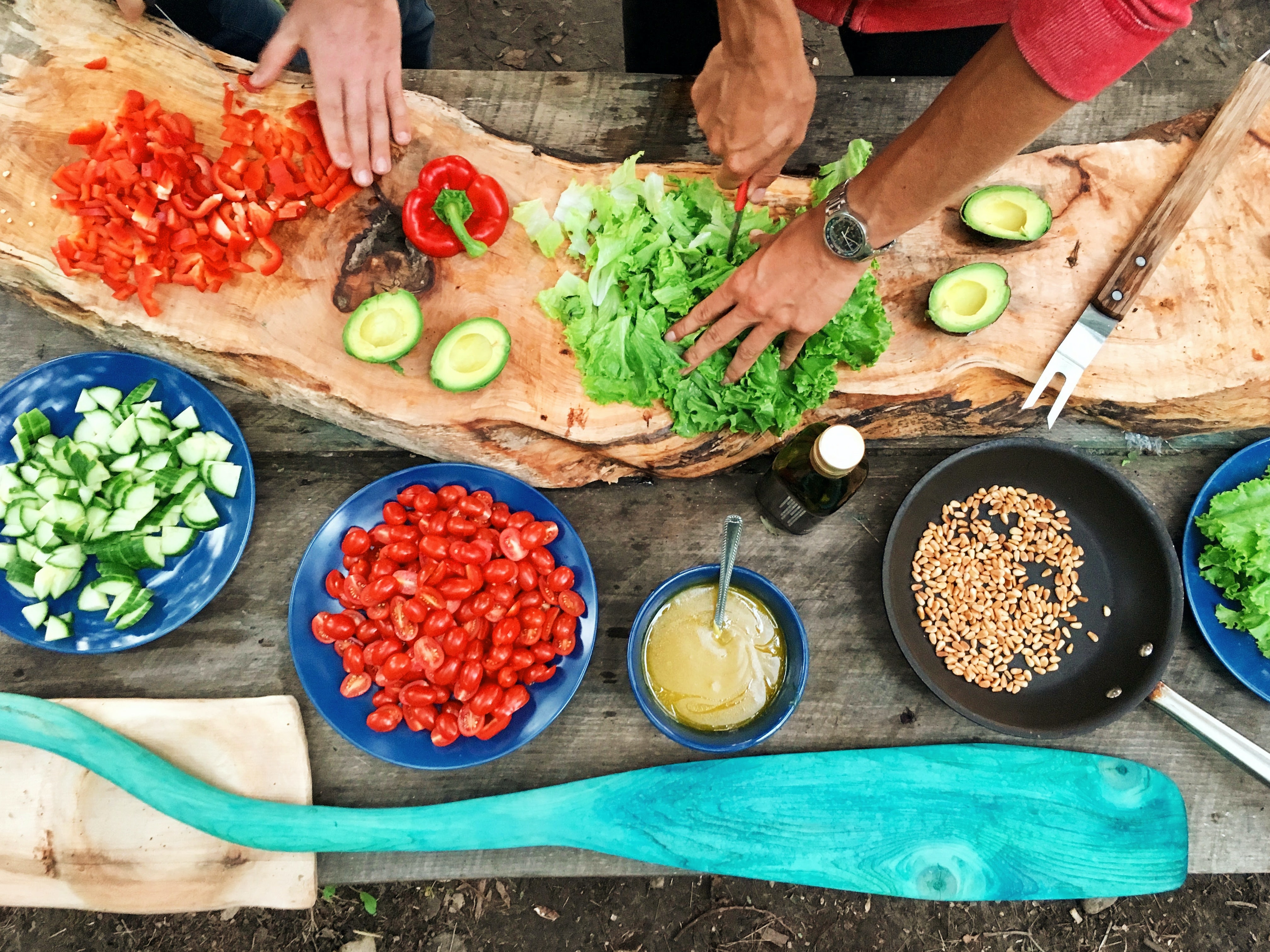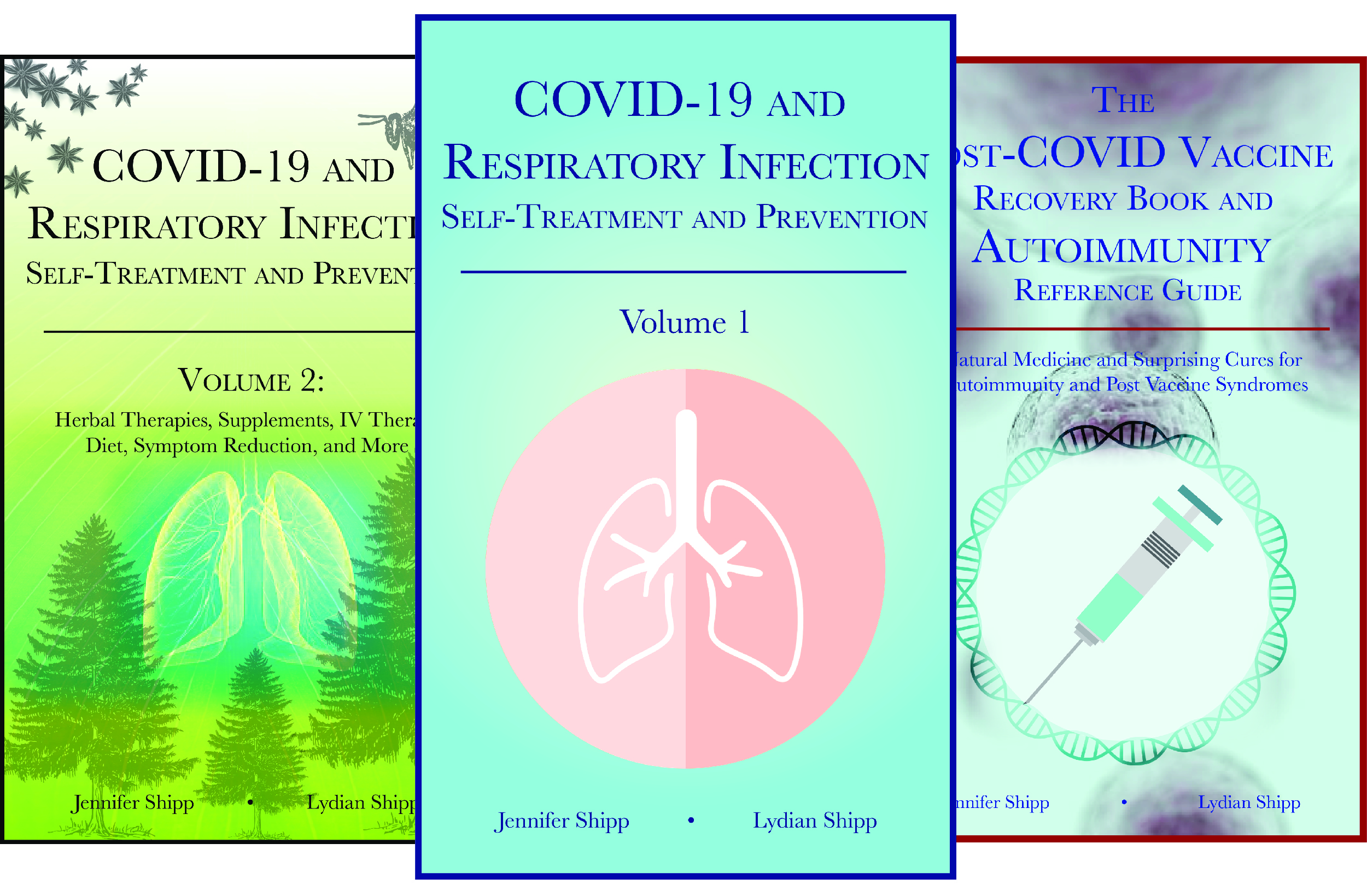
How to Eat to Cure COVID
Depending on where you’re starting from in your wellness journey, you may or may not already follow a healthy, balanced diet.But although a lot of people would prefer to avoid this subject, the truth is that diet is one of the most important aspects of recovery for any disease, illness, or ailment, including in the treatment of COVID-19. Different problems require different dietary considerations, so in this article I’ll outline the most basic diet rules to follow as part of a protocol for long-haul COVID treatment or to overcome COVID-19. These simple dietary principles, for the most part, should be followed even after you cure COVID.
Here are some basics to keep in mind both during AND after treating yourself for COVID:
- ABSOLUTELY NO JUNK FOOD - Fast food, processed and packaged foods, and anything that you may deem “junk food” should be completely eliminated. These foods nearly always contain insidious ingredients like artificial colorings and flavors, hydrogenated oils, mono and diglycerides, chemical fillers and emulsifiers, and more that can cause severe health problems. A basic rule of thumb: If the food contains more than 5-7 ingredients, and if you can’t pronounce or easily imagine the origin of an ingredient (i.e. “apple juice” vs. “sodium benzoate”) don’t eat it.
- Eliminate ALL refined sugars and syrups - This includes regular white sugar, brown sugar, and powdered sugars, as well as cane sugar, cane juice, high fructose corn syrup and regular corn syrup, brown rice syrup, and others. Also steer clear of chemical, artificial sweeteners and sugar alcohols like erythritol, Maltitol, sucralose, aspartame, etc. Instead, choose sweeteners such as raw honey, authentic maple syrup, monk fruit powder, or stevia.
- Consume only healthy fats and oils - This means that you should not EVER be eating vegetable shortening, lard, or refined, heated oils (regular vegetable oil, most sunflower and peanut oils, and most of the other oils you’ll find at the grocery store will fall into this category). Instead, opt for oils and fats such as extra virgin olive oil, unrefined coconut oil, avocado oil, unrefined peanut oil (look for terms like “cold-pressed” on the packaging), and others.
- Avoid white bread, white flours, white rice, and other refined grains - Although there are exceptions to this rule (hence the word “avoid”), the vast majority of the time you should only be eating whole wheat, brown and wild rices, or other unrefined grains like quinoa, amaranth, rye, barley, and others. If you have regular digestive issues, consider eliminating all gluten from your diet until you regain control of your health. Some people have a gluten intolerance that causes them fits, so if you suspect this might be the case for you, take gluten out of your diet for a while. You can decide to add it back in later, but wait until you feel healthy and balanced to do it!
- Avoid all dairy products - See the China Study or the documentary Forks Over Knives for detailed information on why EVERYONE should avoid dairy products in the developed world. Unless you get your milk products from a friend who owns a cow named Daisy, and who makes the dairy products themselves from home, remove milks, cheeses, creams, and other dairy products from your diet immediately.
- Eat a diet with SOME animal products - If you are vegan, consider switching back to at least a vegetarian diet. Many Americans and westerners are deficient in vitamin B12, which can lead to dementia, memory problems, digestive issues, autoimmune disease, and more. People following a vegan diet are particularly at risk. Get a vitamin B12 injection or IV drip, and then try to consume some animal products each week. One or two meals with chicken or turkey per week, plus an egg or a glass of goat’s milk (or both) daily will be adequate to keep your vitamin B12 levels at an acceptable level. Take pancreatic enzymes to help your body digest the animal products more effectively, and consider taking an ox bile supplement before each meal if you’ve had your gallbladder removed or if you regularly experience indigestion.
 COVID-19 and Respiratory Infection Self treatment and Prevention BUNDLE - Volumes 1, 2, and 3
COVID-19 and Respiratory Infection Self treatment and Prevention BUNDLE - Volumes 1, 2, and 3

Related Posts:
















